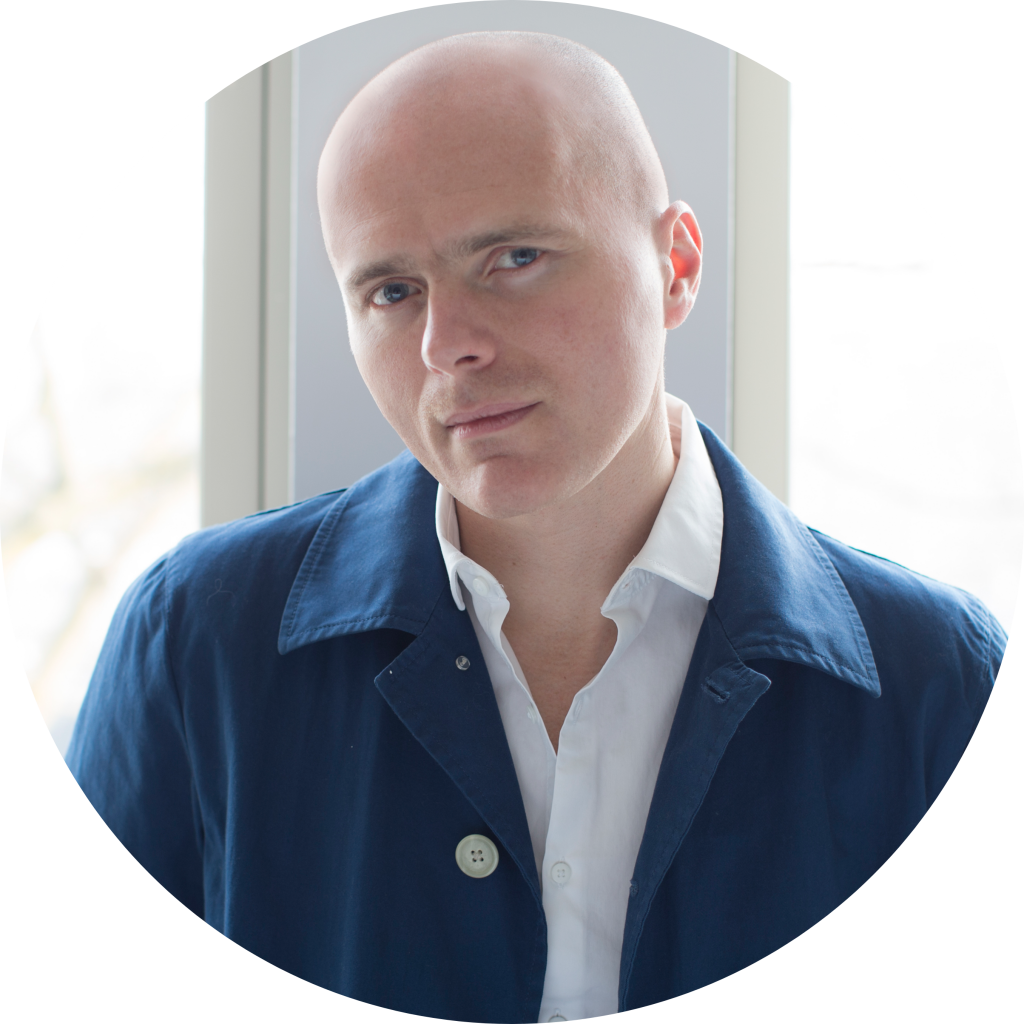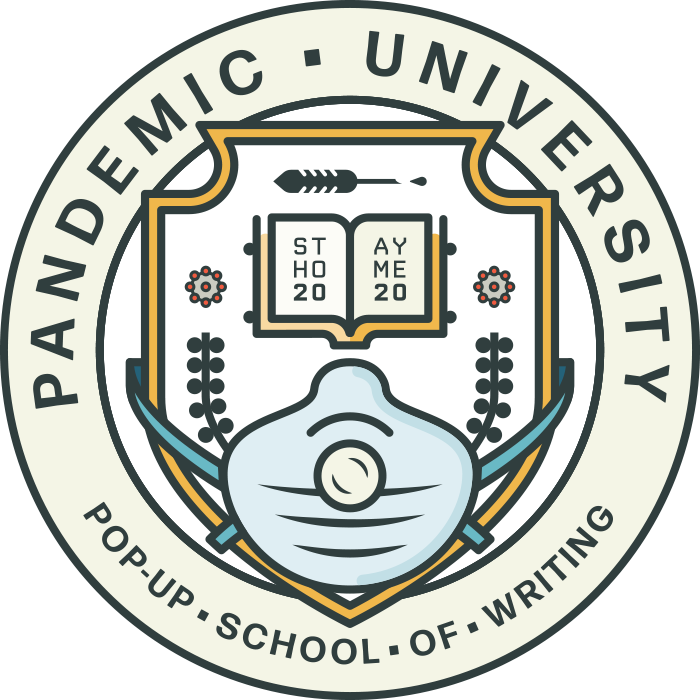
José Teodoro is a playwright and art critic with a curious mind and penchant for stumbling upon new ideas and inspiration.
The award-winning author of such plays as MOTE, a spiritual sibling of Alfred Hitchcock’s Psycho, has also acted as a story editor on a handful of films, and, occasionally, even acted in them. As if he’s not varied enough, José was also one of the 2019 Scotiabank Giller Prize jurors.
With so much to learn from his eclectic nature, PanU asked José to launch our summer semester on July 10. In Dialogues Across Disciplines (C$20), he’ll delve into the many ways that, as writers, we can glean inspiration from cinema, music, theatre, and all the world’s many forms of storytelling.
But how does Professor Teodoro decide through which medium to channel each creative concept? We wanted to find out, so we asked about that, as well as what stories are getting him through the pandemic, what it’s like to jury Canada’s biggest book prize, and more.
Register now for Dialogues Across Disciplines (Jul. 10)Which books, movies, or shows are getting you through the pandemic?
I’ve been revisiting beloved favourite authors, like John Berger, Rebecca Solnit or W.G. Sebald, and discovering authors new to me, like Lydia David or Anna Kavan. I’m also reading more poetry. It’s seizing my attention in some new way.
The movies I’ve watched are largely ones I’ve seen before, things I have on disc—German films from the 1970s, American films from the 1980s. Things that hold up. I haven’t quite found the stamina to delve into something new on TV. Not since I finished Bojack Horseman! The biggest blessing to me during this time has definitely been music. Music and poetry.
Your upcoming talk is about finding inspiration from various storytelling forms. Why did you choose that topic for your workshop?
Smuggling ideas, themes, or tactics from other art forms is something I’ve always done. It’s normal to me. Or compulsive. I have pretty promiscuous tastes. At some point, I realized many artworks I love do something similar. I don’t have much of an academic background, so the concept of specialization is foreign to me.
I tend to stumble into a new project with only a foggy idea of what I’m looking for. One or two elements will show up one day and just keep hanging around, like unannounced houseguests, until I find something for them to do.
You’ve consulted on several films. What common issues do you help filmmakers work through?
I’ve been story editor on a handful of features and shorts, but these are largely the sorts of projects—documentaries or semi-improvised fiction films—that might not typically have story editors. It’s mostly a matter of hanging out and drinking beer with filmmakers, and getting them to consider alternate routes, or encouraging them to hold fast to their convictions.
How many books did you read for the 2019 Scotiabank Giller Prize jury?
I read over a hundred books. I now have something of a handle on what’s happening in contemporary Canadian literature. I typically gravitate toward work from other cultures, so this was instructive.
You speak about the importance of a broader sense of what art forms “can do.” As an artist, how do you decide which creative medium is the right way to express an idea?
I tend to stumble into a new project with only a foggy idea of what I’m looking for. One or two elements will show up one day and just keep hanging around, like unannounced houseguests, until I find something for them to do.
Sometimes the form a project should take is obvious, or dictated by circumstance, which is great. And sometimes it takes ages to figure out. I mean, years. Limitations are usually a blessing—unless they’re the wrong limitations. Every case is different. Every project comes with this feeling of having to learn how to create all over again.
The interview has been edited for clarity and brevity.
Register now for Dialogues Across Disciplines (Jul. 10)